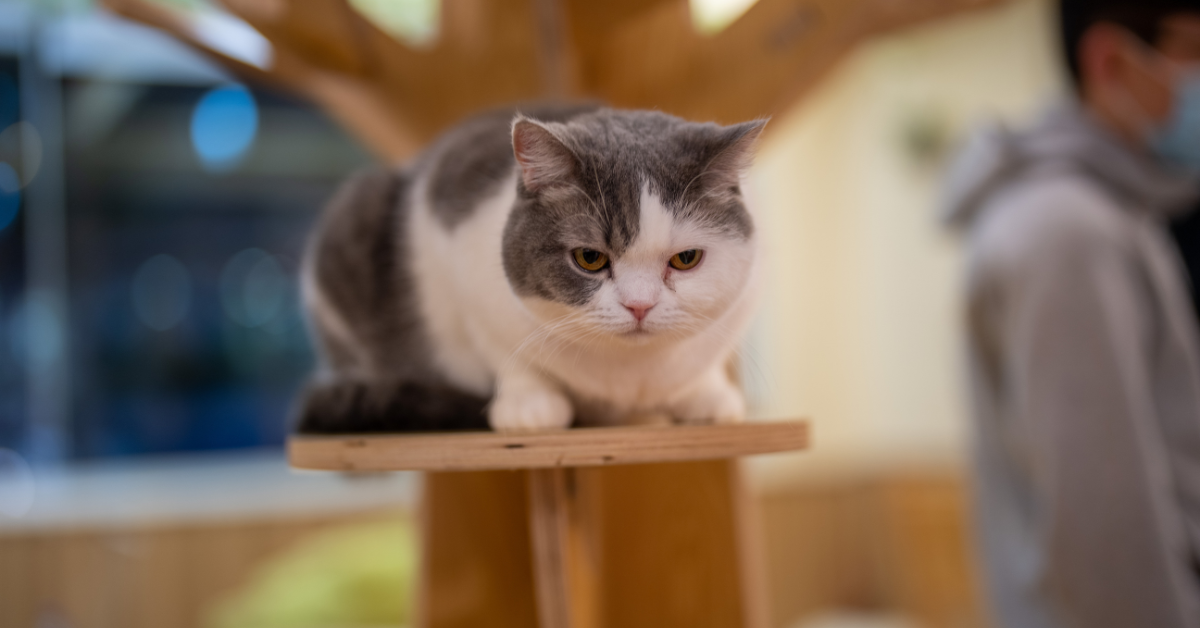Cat cafés are a uniquely Japanese cultural experience, offering both relaxation and interaction with adorable cats. For Japanese people, cat cafés are seen as places of healing and comfort, while for tourists they represent an exciting chance to experience daily life in Japan.
The Appeal of Cat Cafés for Japanese People
Japanese people are always searching for ways to relax in their busy daily lives. Cat cafés fulfill that need by offering “the chance to interact with cats” and “a calm, soothing environment”.
In large cities, many residents cannot keep pets due to housing restrictions. Cat cafés become a substitute for pet ownership. Sitting with a drink in hand while watching cats wander around creates an atmosphere that feels like an oasis in the city.
Positive Reviews and Points of Criticism
Looking at Japanese reviews of cat cafés, the following opinions often appear.
| Positive Reviews | Criticisms |
|---|---|
| Easy interaction with cats | Prices can be a little high |
| Relaxing and quiet atmosphere | Popular cafés get crowded |
| Healing and calming effects | Cats may be asleep and not playful |
| Fun for taking photos | Concerns about allergies |
Most Japanese people highly value the “healing effect” of cat cafés. However, crowding and high prices are frequently mentioned as drawbacks.
Why Japanese People Visit Cat Cafés
The reasons Japanese people go to cat cafés vary depending on lifestyle and interests.
| Main Reason | Explanation |
|---|---|
| Alternative for those who cannot keep pets | Many apartments forbid pets, and busy schedules prevent ownership |
| Stress relief | Visiting to relax after work or study |
| Enjoying the café aspect | Being able to drink and relax in a cozy space |
| Social media sharing | Younger visitors enjoy taking cute cat photos for SNS |
Cat cafés are therefore not just a leisure activity, but “a natural part of daily life” for many Japanese people.
Etiquette That Japanese People Value in Cat Cafés
Cat cafés have their own rules, and Japanese visitors follow them naturally to protect the cats. Foreign visitors can benefit from knowing these points as well.
| Etiquette | Details |
|---|---|
| Keep clean | Hand washing and sanitizing required before entering |
| Do not force interaction | Do not approach cats that show dislike |
| Follow the rules | Respect time limits and photography policies |
| Prioritize the cats | Cats’ comfort is more important than personal enjoyment |
Thanks to this attitude, cat cafés remain peaceful and healing spaces for Japanese people.
Cat Cafés and the Japanese Lifestyle
There are cultural and social reasons why cat cafés have become popular in Japan. Urban housing is often small and prohibits pets, making “short-term places to meet animals” valuable.
Cats also have cultural significance in Japan. They have long been considered symbols of good fortune, such as the “maneki-neko” (beckoning cat). This cultural background influences the way Japanese people view cat cafés—not only as entertainment but also as places with cultural value.
Important Tips for Foreign Visitors
For foreigners visiting a cat café in Japan, the following points will help make the experience smoother.
| Tip | Details |
|---|---|
| Hand washing and sanitizing | Always required before entering |
| Do not pick cats up | Many cafés forbid lifting cats |
| Time limits | Commonly limited to one hour per session |
| Photography rules | Flash is not allowed, photos should be quiet and discreet |
By following these rules, foreign visitors can enjoy cat cafés in the same comfortable way as Japanese customers.
The Future of Cat Cafés and Japanese Expectations
In recent years, “rescue cat cafés” have grown in popularity. These cafés host abandoned or rescued cats and help them find new owners. Visitors can enjoy themselves while also contributing to animal welfare, which resonates strongly with Japanese values.
Cat cafés are also spreading to regional towns and tourist spots, becoming a common stop for travelers. Japanese people view cat cafés as both a source of healing and a place with cultural significance, and they are expected to remain popular in the future.
Conclusion
For Japanese people, cat cafés are special spaces that bring healing to daily life. They are highly valued for the joy of interacting with cats and the relaxing atmosphere. However, issues such as crowding and pricing remain challenges.
Overall, cat cafés are strongly supported as “places of comfort”. For foreign visitors, they provide a unique opportunity to experience Japanese culture. By understanding and following Japanese etiquette and sharing the respect for cats, foreigners can gain a deeper and more enjoyable experience.






